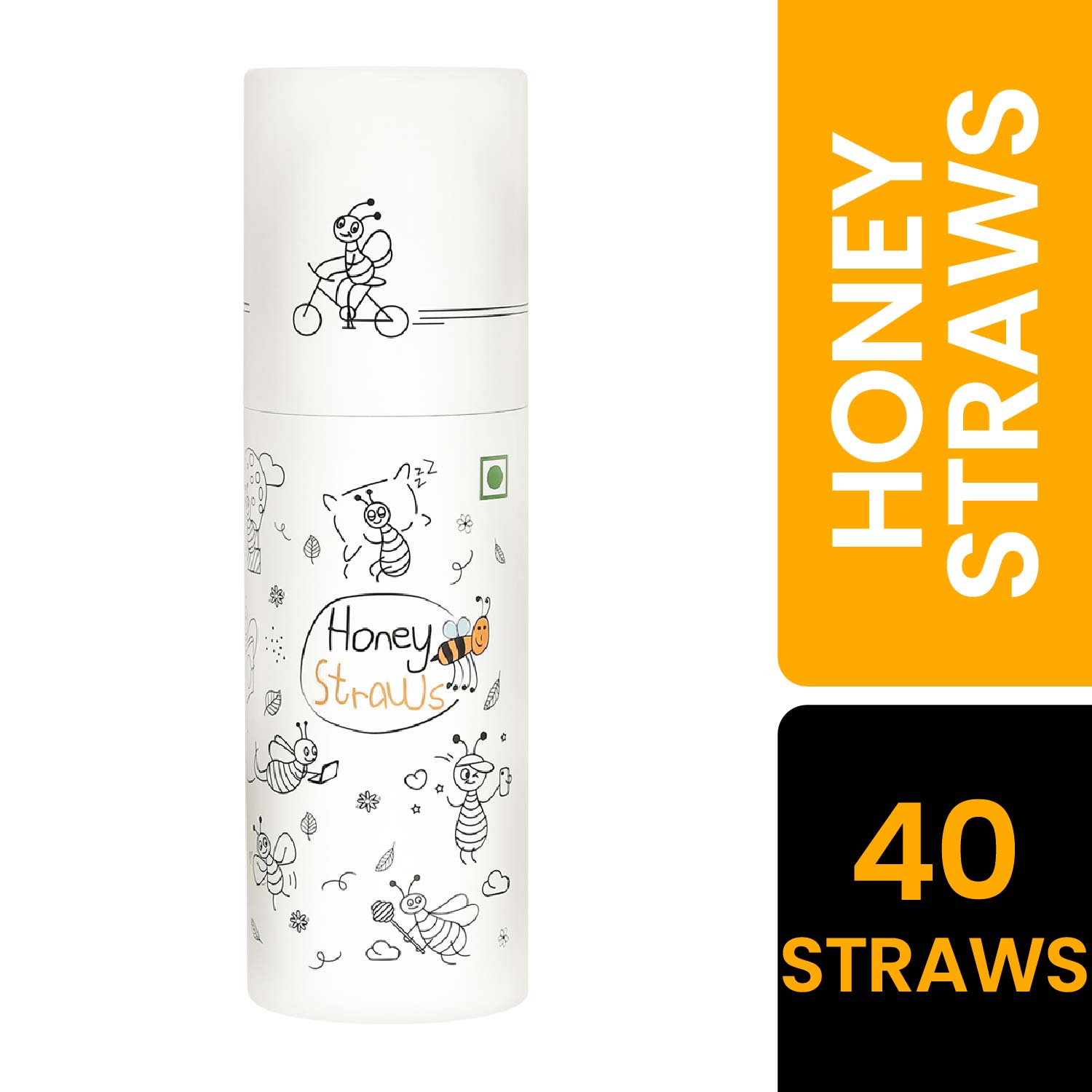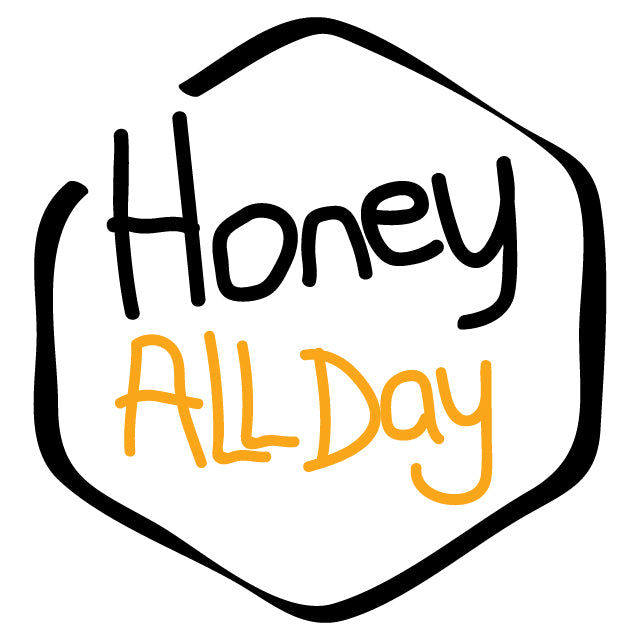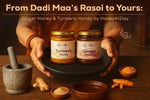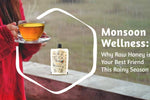“If the bees disappeared off the face of the Earth, man would only have four years left to live” – these are the words of none other than the great physicist, Mr. Albert Einstein.
Bees are responsible for almost 90% of the pollination that takes place on Earth. Without their help, we lose all the plants they pollinate, which in turn affects the food source of animals and this has a direct impact on the food chain of the environment.
Even though bees are not the only pollinators, they are responsible for most of it. Other insects only visit flowers to feed themselves whereas bees gather the most pollen and carry it with them from one place to another.
If you’ve ever been scared of bees because they sting hard, here’s a scarier fact for you.
With the bees gone extinct, the ecosystem will face a major threat. It’ll be just a chain reaction of fatality. Of the 100 crop species that provide 90% of the world’s food, over 70 are pollinated by bees. The honey bee is the most widespread managed pollinator in the world with 81 million hives producing 1.6 million tonnes of honey annually. These pollinators create a source of income for many rural livelihoods. So not only will their extinction end the human race, but it may also threaten global food security while we keep marching rapidly towards our doom.
What we are trying to point out here is that it’ll sting harder if the bees aren’t around!
Keeping these threats in mind, there is a dire need for immediate action to be taken in favor of our friendly bees. To contribute to their survival, here are a few things you can do
1. Reduce the use of pesticides
The pesticides and herbicides contain harmful chemicals that may be fatal to bees. Instead of using such chemical-infused fertilizers, opt for an organic and natural solution like compost that will protect your plants without harming the bees. It will also help if you do not weed your garden often. These weeds tend to be an important source of nutrition to the bees, especially in winter
2. Plant flowers for bees
Plant native flowers around you. Choose the ones that bloom at different times of the year. Lack of nutritious food is a major threat to the bees, especially in the cities. You do not necessarily have to own a garden. You can plant these flowers in a pot on your window or balcony too. The plants that appeal to the bees are marigolds, tulips, daisies, sunflowers, lavenders, thyme, rosemary, coriander, and preferably more flowers with single buds.
3. Start Beekeeping
You can get into beekeeping without stretching your budget too high. Beekeeping can be practiced as a hobby or for commercial purposes as well. Beekeepers have a major role to play in sustaining the bee population. They ensure proper nutrition to the bees and extract honey from their hives without harming them. The wild bees are nearly going extinct. The balance is maintained today only because of the contribution of these beekeepers who strive hard to nurture and take care of the bees.
4. Shop Responsibly
When buying honey, it is important to take into consideration the source from where honey is obtained. It’s always wise to buy your honey from beekeepers and farmers or from organizations that source their honey from local beekeepers. When brands source honey from local beekeepers, they ensure that the honey is extracted without harming the bees. It also assures you of a pure, natural source of honey and ensures no threat to the bees in any way.
People living in the cities may find it a bit difficult to spot a local beekeeper nearby and may not have enough time to spare either. Instead what you can do is to research the brand you buy honey from. Look for brands that source honey from beekeepers. Find out if they have a community to support the beekeepers. Such brands often contribute a lot to the survival of bees and with a little bit of research on these brands, you can too by purchasing honey mindfully.
These steps, however small they seem, go a long way in saving our friendly bees. Time is already running out. We have to do as much as we can because with the bees gone, the threats we humans might face are incomprehensible.
Taking these threats into consideration, we at Honey All Day are doing our bit to save the bees from going extinct. We source our honey from beekeepers who strive hard to take care of our friendly bees and extract the honey without causing any harm to them. To get you this honey in its most natural form, we have adopted a cold-processing technique that does not undergo any filtration. This process, though tedious for us, lets you enjoy our honey in its purest, natural form without killing its enzymes or diminishing its nutritional value. By choosing Honey All Day, you are choosing to enjoy pure, healthy honey without causing any damage to our friendly bees. So make a wise choice with Honey All Day, today itself!





